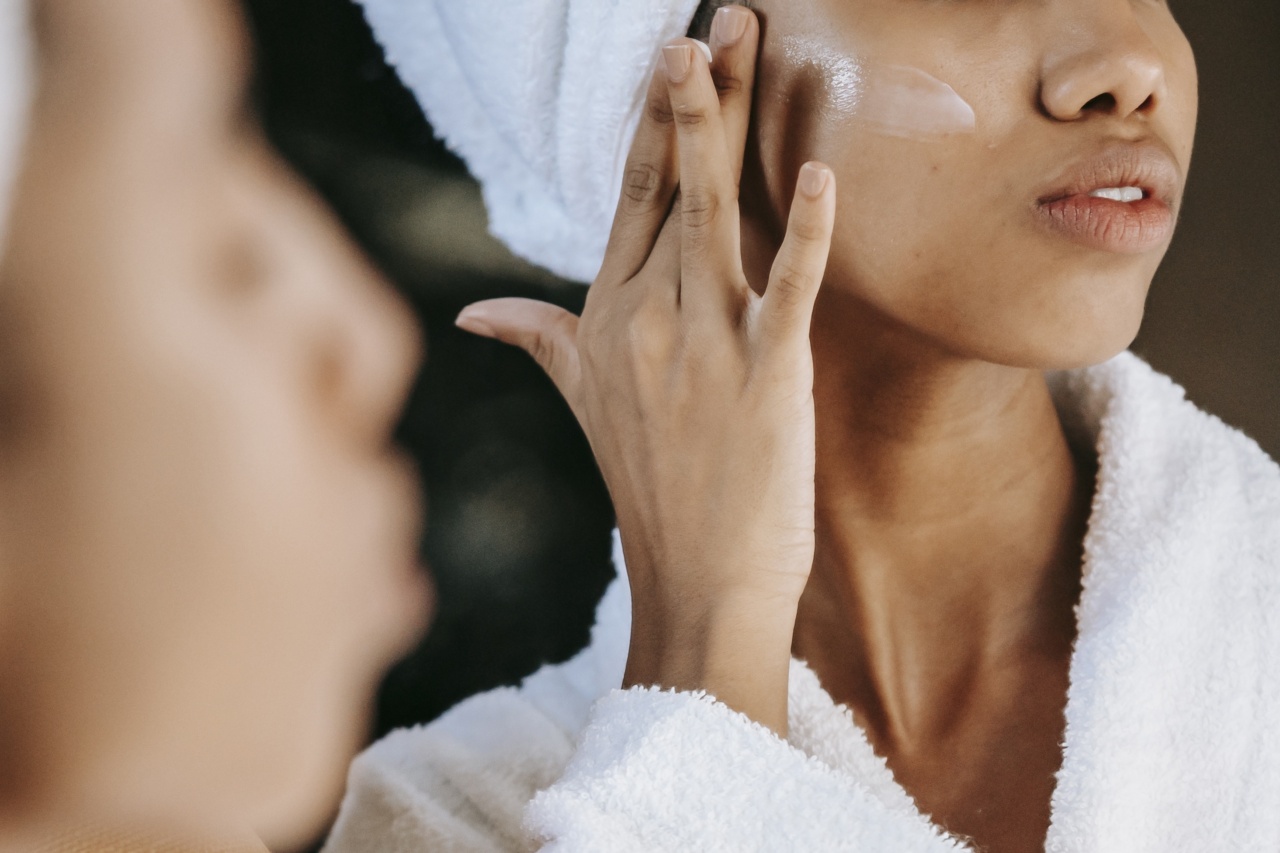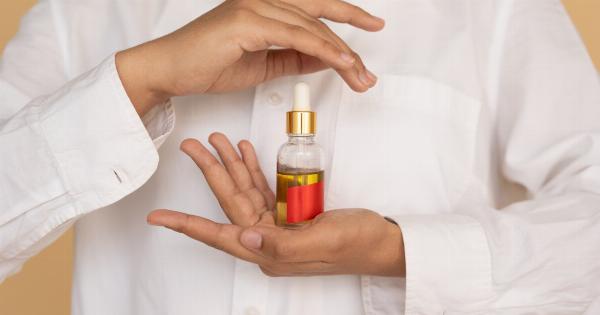As we age, our skin goes through various changes that can make it appear dull, dry, and wrinkled. However, with the right skincare routine and lifestyle habits, you can maintain a more youthful and radiant complexion.
In this article, we will discuss some effective tips to help you prevent premature aging and achieve a timeless appearance.
1. Protect Your Skin from the Sun
Exposure to the sun’s harmful ultraviolet (UV) rays is one of the primary contributors to premature aging. To protect your skin, make sure you:.
- Apply a broad-spectrum sunscreen with an SPF of at least 30.
- Reapply sunscreen every two hours, especially when outdoors.
- Seek shade during peak sunlight hours (typically between 10 am and 4 pm).
- Wear protective clothing like hats, sunglasses, and long-sleeved shirts.
- Avoid tanning beds and sunlamps, as they also emit harmful UV radiation.
2. Adopt a Consistent Skincare Routine
Having a regular skincare regimen is crucial for maintaining a youthful appearance. Follow these essential steps:.
- Cleanse: Use a gentle facial cleanser twice a day to remove dirt, oil, and impurities.
- Exfoliate: Use a chemical or physical exfoliant once or twice a week to slough off dead skin cells and reveal fresh, smooth skin.
- Moisturize: Apply a hydrating moisturizer after cleansing to keep your skin moisturized and supple.
- Treat: Use targeted treatments such as serums or retinoids to address specific skin concerns like wrinkles or hyperpigmentation.
- Protect: Finish your routine by applying a broad-spectrum sunscreen every morning.
3. Stay Hydrated
Drinking an adequate amount of water is not only essential for your overall health but also for the health and appearance of your skin. When your body is hydrated, your skin appears plumper, smoother, and more radiant.
Aim to drink at least 8 glasses of water per day and consume hydrating foods like fruits and vegetables.
4. Get Sufficient Sleep
Getting enough sleep is crucial for cell regeneration and maintaining a youthful complexion. During deep sleep, your body repairs and rejuvenates the skin cells, leading to a refreshed appearance.
Aim for 7-9 hours of quality sleep each night and establish a consistent sleep schedule to optimize skin health.
5. Follow a Balanced Diet
Your skin’s appearance is a reflection of your overall health, so it’s important to nourish your body with a balanced diet. Include the following elements in your meals:.
- Fruits and vegetables: Rich in antioxidants, vitamins, and minerals to help combat oxidative stress and inflammation.
- Healthy fats: Omega-3 fatty acids found in fish, nuts, and seeds help keep the skin hydrated and supple.
- Protein: Essential for collagen production, which promotes skin elasticity and firmness. Include lean meats, fish, beans, and legumes in your diet.
- Whole grains: Provide important nutrients and antioxidants that support skin health.
6. Exercise Regularly
Regular exercise not only improves your overall well-being but also contributes to healthier-looking skin. When you engage in physical activity, the increased blood flow delivers essential nutrients and oxygen to your skin, promoting a youthful glow.
Additionally, exercise helps reduce stress, which can have a positive impact on your skin’s appearance.
7. Avoid Smoking and Limit Alcohol Consumption
Smoking accelerates skin aging by depleting collagen and elastin, leading to sagging skin and wrinkles. It can also cause a dull complexion and contribute to the formation of wrinkles around the mouth (known as “smoker’s lines”).
Similarly, excessive alcohol consumption can dehydrate the skin, making it look dull and tired. Quitting smoking and moderating alcohol intake can significantly improve your skin’s appearance.
8. Manage Stress
Chronic stress can negatively impact your skin’s health and accelerate the aging process. High stress levels can result in inflammation, breakouts, and a compromised skin barrier.
Incorporate stress management techniques into your daily routine, such as meditation, yoga, deep breathing exercises, or engaging in activities you enjoy, to keep your stress levels in check.
9. Be Gentle with Your Skin
Treating your skin gently can help prevent premature aging and maintain a youthful appearance. Consider the following tips:.
- Avoid aggressive scrubbing or using harsh cleansers that can strip away natural oils.
- Pat your skin dry after cleansing instead of rubbing it vigorously.
- Use a soft towel or pillowcase to avoid unnecessary friction on your skin while sleeping.
- Opt for skincare products without irritating ingredients like alcohol or fragrances.
- When applying skincare products, use gentle upward motions instead of tugging or dragging the skin.
10. Consider Professional Treatments
If you’re looking to enhance your skincare routine and address specific skin concerns, consider consulting with a dermatologist or aesthetician.
They can recommend professional treatments like chemical peels, microdermabrasion, laser therapy, or injectables like Botox or dermal fillers. These treatments can help rejuvenate your skin and provide more dramatic results.
Conclusion
Achieving and maintaining a more youthful appearance requires consistent effort and a holistic approach.
By protecting your skin from the sun, adopting a regular skincare routine, staying hydrated, prioritizing sleep, following a balanced diet, exercising regularly, avoiding harmful habits, managing stress, being gentle with your skin, and considering professional treatments, you can defy the aging process and enjoy a radiant complexion for years to come.































